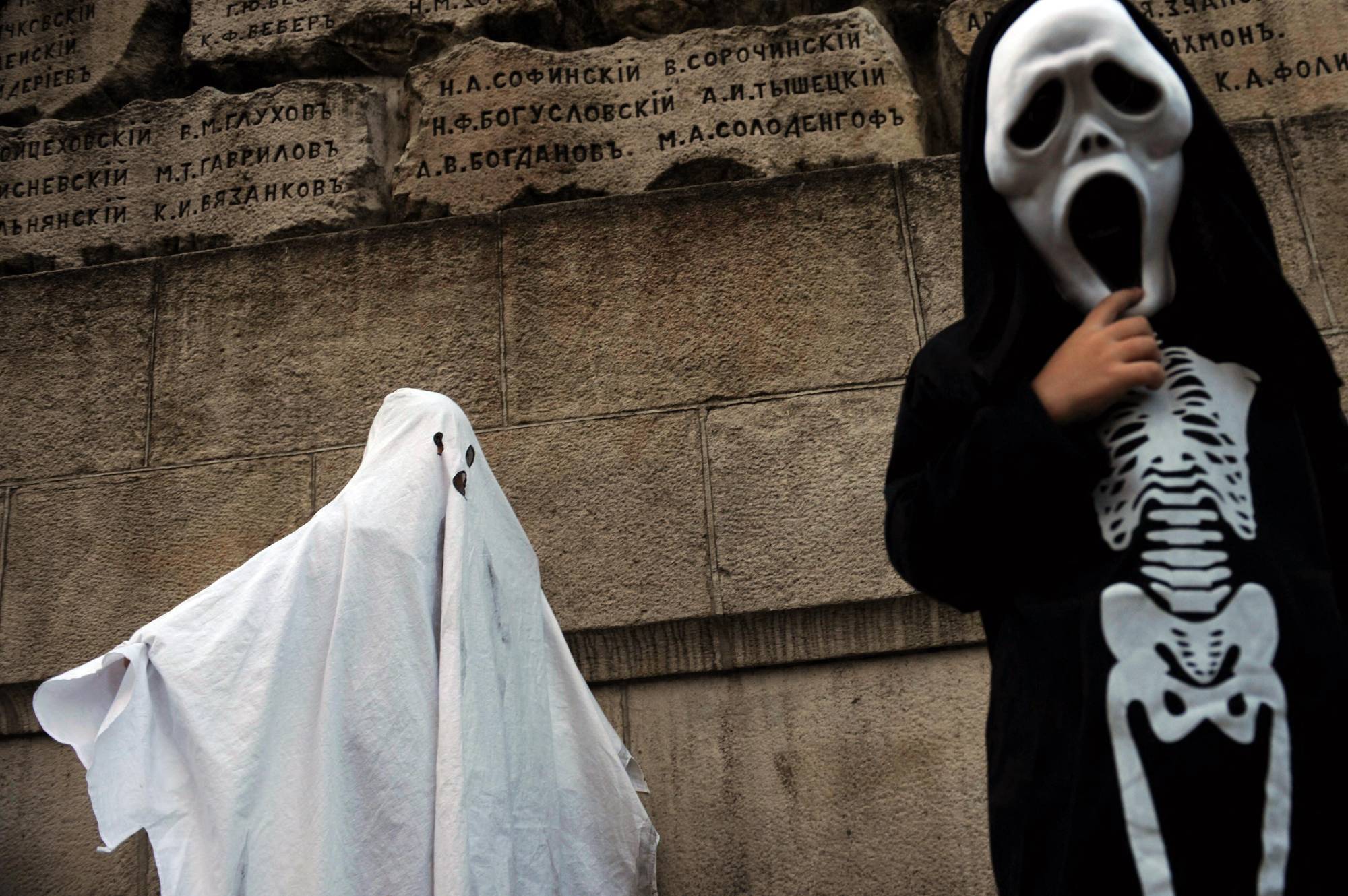
"Still, the idea that the spirit of a dead person or animal could return to the land of the living was present as far back as the ancient world, according to Morton, the author of Ghosts. The 19th century ushered in a cultural obsession with spiritualism. Ghosts peppered Victorian literature, and séances soared in popularity. The supernatural rituals, in which participants called upon the spirits of their deceased loved ones and others, challenged the idea that the living couldn't communicate with the dead, said Morton."
"It wouldn't be spooky season without ghosts. The otherworldly white apparitions are a standby of Halloween celebrations. Part of the reason for that, said Lisa Morton, author of Ghosts: A Haunted History, is just like ghosts themselves, our fascination with the afterlife just won't die. "All of [its meanings] centered on breath, life and the human spirit," and it was also used in Christian contexts like the notion of the Holy Ghost, said Jess Zafarris, author of Useless Etymology and other books about the origins of words."
"Considered by some as the first horror film, 1896's Le Manoir du Diable, translated into English as The Haunted Castle or The House of the Devil, featured a group of what appear to be ghosts shrouded in white. The works of horror writers such as Shirley Jackson and Stephen King have continued to terrify readers for decades. The word was used as a verb as early as the beginning of the 20th century, Zafarris said, to describe when someone secretly did work on someone else's behalf, such as ghostwriting. More recently, "ghosting" has taken off as a slang term in the dating world for the act of suddenly cutting off contact with a romantic partner. Merriam-Webster officially committed to the new definition in 2017."
Belief that spirits of the dead can return to the living reaches back to the ancient world. The 19th century sparked a widespread interest in spiritualism, with ghosts appearing frequently in Victorian literature and séances increasing in popularity. Supernatural rituals aimed to communicate with deceased loved ones. White, otherworldly apparitions became a persistent visual for ghosts and a staple of Halloween. Early horror films and writers reinforced ghostly fears. The term 'ghost' evolved into verbs by the 20th century, producing usages such as ghostwriting and the dating slang 'ghosting,' with dictionary recognition in 2017.
Read at Kqed
Unable to calculate read time
Collection
[
|
...
]